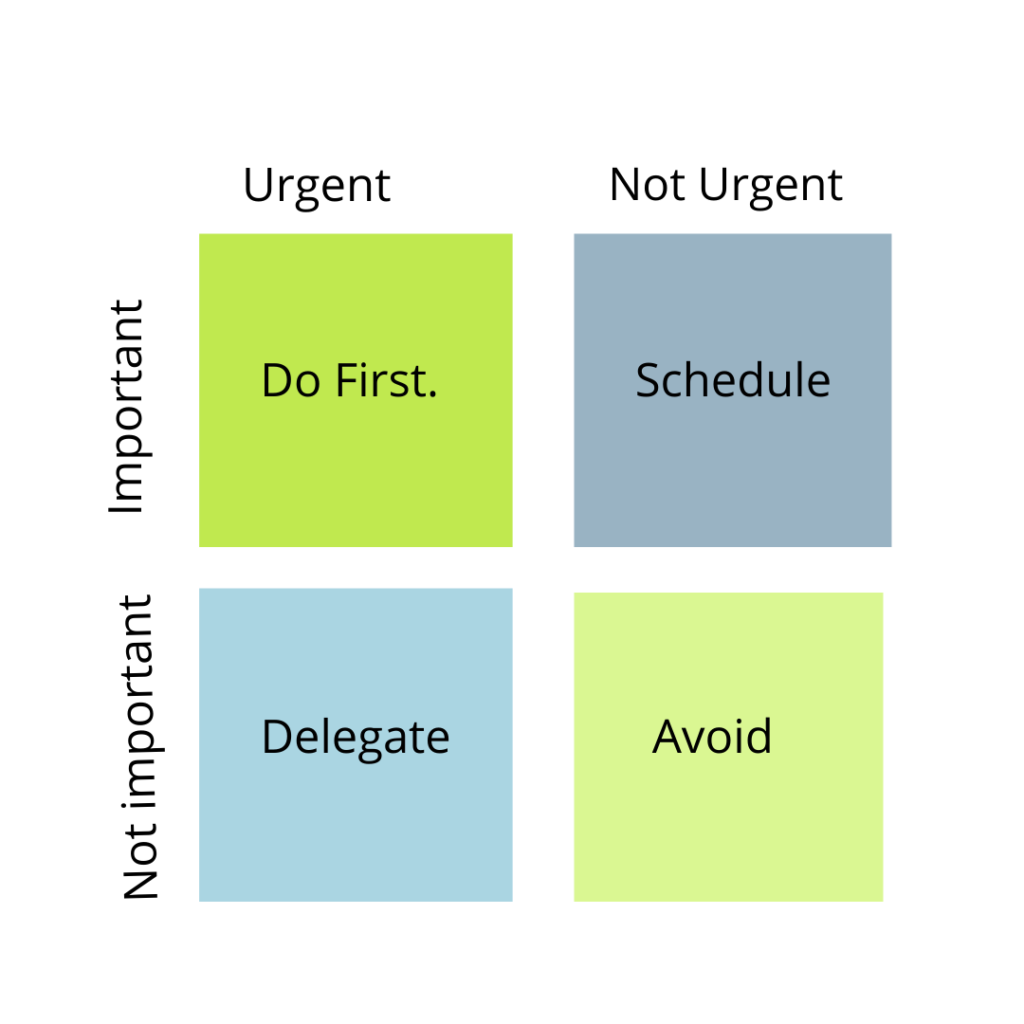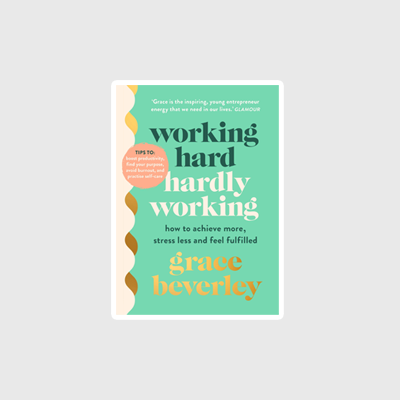Given that I’ve developed an interest in learning more about how we work, productivity, purpose… over the past few years, I was very excited by the title of this book. Working Hard, Hardly Working by Grace Beverley covers how we can both work more productively and rest properly whilst discussing some issues with how we view work in today’s society. In today’s blog post, I’ll be going through some of my favourite takeaways (I’ll try not to spoil the book for you, don’t worry) and how these tips can help you in the upcoming academic year.
- Categorise your to-do list. In the ‘Working Hard’ section of the book, Grace details a specific method which she uses to organise her to-do list. Without going into that particular method, the underlying lesson is to organise your to-do list in a way that makes it easier to tackle. For some people, this might mean starting each item on your to-do list with a verb and then putting the similar tasks together. For example: Category 1:
- Go over flashcards for topic 2
- Go over flashcards for topic 5
- Discuss topic 3 with Alice during revision Zoom call
- Do laundry
- Take clothes to the recycling stand
Doing this can allow you to tackle similar activities at the same time, structure your breaks around the categories or even decide on which tasks to start with. For example, you might realise that you tend to get distracted in the afternoon and decide that this would be a good time to take a break from studying and do some other tasks around the house.
Another popular method is the Eisenhower matrix which allows you to clarify which tasks on your to-do list are urgent, important or don’t require immediate attention at all. I find this method really useful when I have a large project or essay to complete which requires a lot of smaller steps to complete.

- Deep work. This is another productivity concept discussed in the book and this is definitely one to try out this new academic year. Deep work (coined by Cal Newport) requires focus on one specific task, distraction-free. Sound useful? Definitely! Some of the most obvious examples of when you might require deep work is during an exam or whilst doing a practice paper. Therefore, it’s also helpful to practice doing this during your revision.
Going back to our example above, you might decide that going over your flashcards and testing yourself for topics 2 and 5 require deep work. To prepare for a productive session, you can get all the flashcards you’ll need together, put your phone on airplane mode or far away and set a timer. Something I find really helpful is to also have a post-it note next to me so that whenever something else pops into my head, I can make a note of it and attend to it later.
- Defining and redefining success. I know, this seems like a big topic and to some extent it is but it’s important to know what success looks like for you, even in the context of preparing for the next school year. What does academic success look like for you? Do you want to achieve particular grades, get into a specific higher education pathway or feel confident in certain subjects? Outside of academics, do you want to try a new sport, develop a particular skill or go outside of your comfort zone in a specific area? Defining what success is for you is essential for a few reasons:
- Gives you focus as you know what you’re working towards
- Makes it easier to celebrate milestones towards achieving your goals
- Allows you to identify where to improve if you’re not on track with your goals
- Gives you a sense of accomplishment when you achieve something you wanted to
- You feel less ‘threatened’ by others achieving their goals and you can be happy for them when they reach their goals!
- Resting. The latter half of the book concentrates on ‘hardly working’, how we rest and some of the unhealthy perceptions around productivity. School can get quite stressful and things can quickly start to feel overwhelming so before the school year starts, I’d recommend scheduling in or defining activities which help you rest.
For example:
- Basketball helps me re-energise→ I’ll play at my local gym on Saturday mornings
- I feel relaxed when I spend quality time with my friends→ on Fridays after school, I’ll spend an hour catching up with friends in a cafe. This was actually something I did almost every Friday during sixth-form and it really helped me de-stress after the week.
- I like painting → I’ll schedule two hours for this every Sunday.
The important thing is to note the activities that really help you relax and re-energise (not just mindlessly scroll, unless that does help you rest) and make time for them. Even if your activity is watching dance reels then schedule when you will do that and how long you’ll spend doing that activity.
I hope you’ve found today’s post useful and if you’re wondering whether I would recommend ‘Working Hard, Hardly Working’ then the answer is yes. I thoroughly enjoyed the discussions around purpose, work and self-care in this book so if you’re interested in learning more about working and not working in the modern world, I’d say this one is worth reading!
